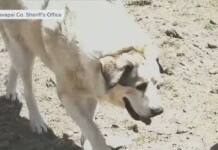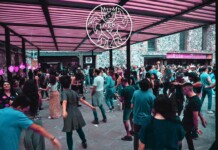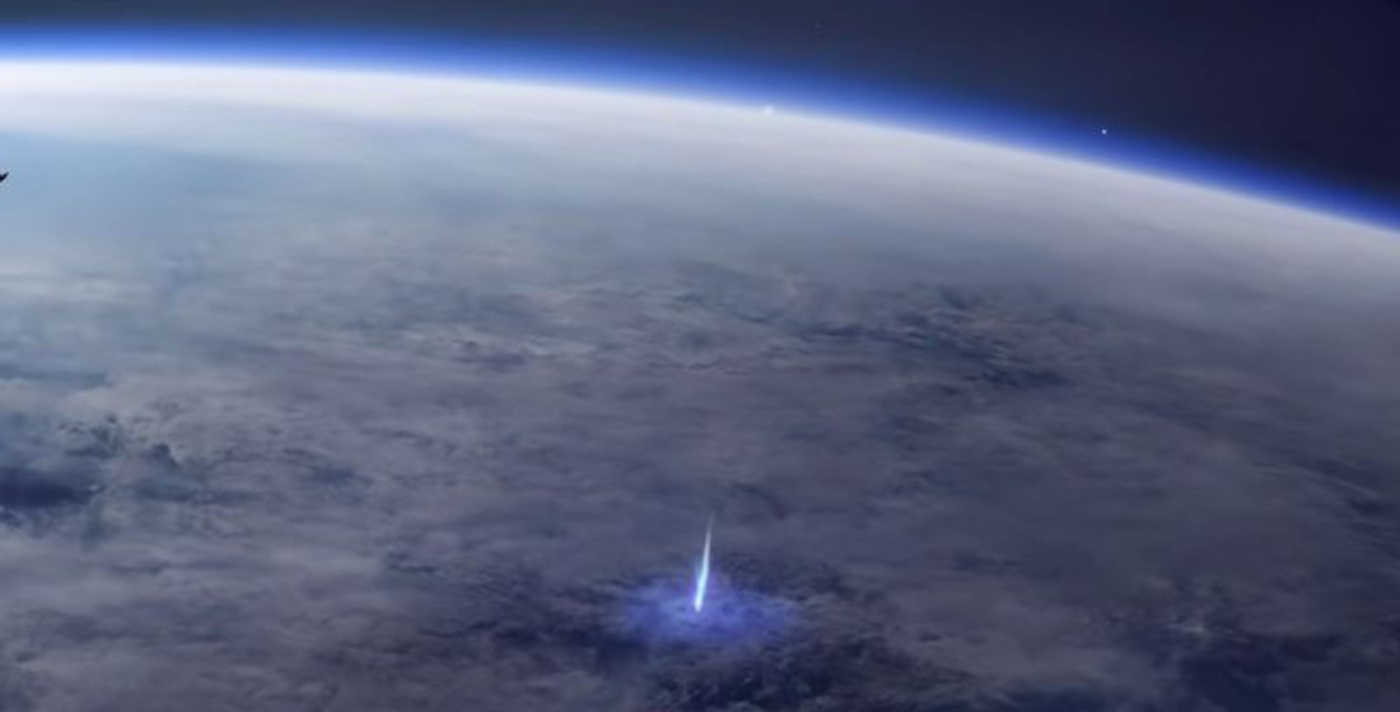A weather observatory on the International Space Station has recorded a set of startling interactions between lightning and the different layers of the planet’s atmosphere.
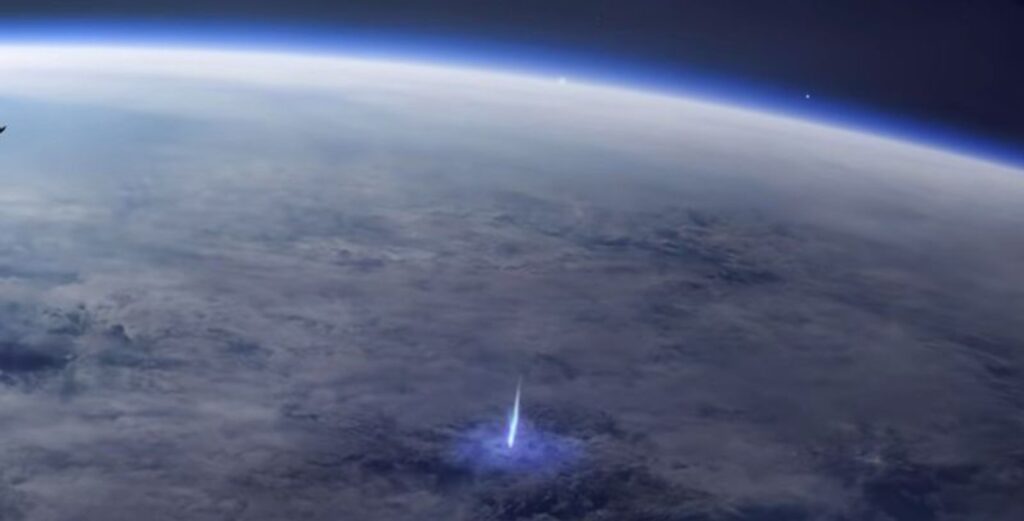
“Elves,” “Blue Jets,” and “Sprites,” don’t immediately raise interest in astro-meteorology, but these three different dazzling light discharges are what is seen above the storm clouds at the same moment we see lightning striking the Earth.
The problem for us Earth-dwellers trying to see these events is that unless we are so far away as to be able to see above a storm cloud, that storm must also be large enough to produce these powerful lightning flashes.
The Atmosphere-Space Interactions Monitor (ASIM) isn’t limited in that way, and the state-of-the-art weather observatory docked at the ISS is helping scientists get to know this space lightning better.
As recently as 2015, red sprites and blue jets were known to astronomers, as ESA astronaut Andreas Mogensen explains in a video from 2016. His was a 10-day project on space lightning aboard the ISS Cupula observatory called, naturally, “Thor.”
Mogensen managed to use Thor’s monitoring equipment to record red sprites and blue jets on video in stunning detail, but now Thor’s successor, ASIM, has added a third, even more impressive phenomena to the panoply of recorded space lightning events.
Space lightning continued
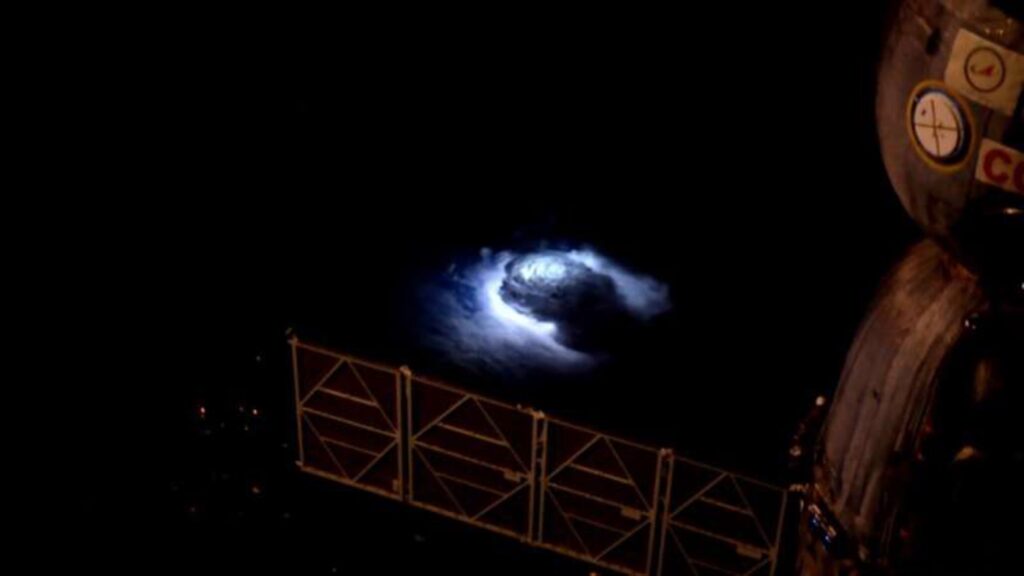
Just recently, ASIM managed to record blue jets in uninterrupted process. The final blue cone of lightning arced up 31 miles (50 kilometers) from the stratosphere, and upon reaching the ionosphere, triggered “ELVES,” an elegant acronym for a rather cumbersome designation: Emission of Light and Very Low Frequency perturbations due to Electromagnetic Pulse Sources.
Elves are expanding halos of ionospheric UV emissions and electrons triggered, as their name suggests, when the electromagnetism of the blue jets streak up into the stratopause, the space between the stratosphere and the ionosphere.
Unable to capture the blue jet-elf combo on footage for our eyes, artists at the European Space Agency have used existing footage to render a small video of what it would look like to the naked eye, 273 miles (440 kilometers) above the Earth.
The data which ASIM managed to capture was used to produce a comprehensive paper of how these lightning flashes occur and how they effect our atmosphere.
MORE: This May Be Earth’s Oldest Rock – But it Was Collected on The Moon
“Congratulations to all the scientists and university teams that made this happen as well as the engineers that built the observatory and the support teams on ground operating ASIM—a true international collaboration that has led to amazing discoveries,” said Astrid Orr, ESA’s Physical Sciences Coordinator for human and robotic spaceflight.
RELATED: There Are 300 Million Potentially Habitable Planets in the Milky Way, NASA Reports
Sprites, blue jets, and elves were recently observed by NASA’s Juno orbiter to be taking place in the polar regions of Jupiter.
Scientists had predicted these phenomena would be present in the roiling atmosphere of Jupiter, and found them exactly where one might find them on Earth.
“Now that we know what we are looking for, it will be easier to find them at Jupiter and on other planets,” said Rohini Giles, a Juno scientist and the lead author of their corresponding paper published last October.
“And comparing sprites and elves from Jupiter with those here on Earth will help us better understand electrical activity in planetary atmospheres.”
(WATCH the video of ‘elves from space’ below.)
SHARE This Far-Out Phenomenon With Friends on Social Media…



